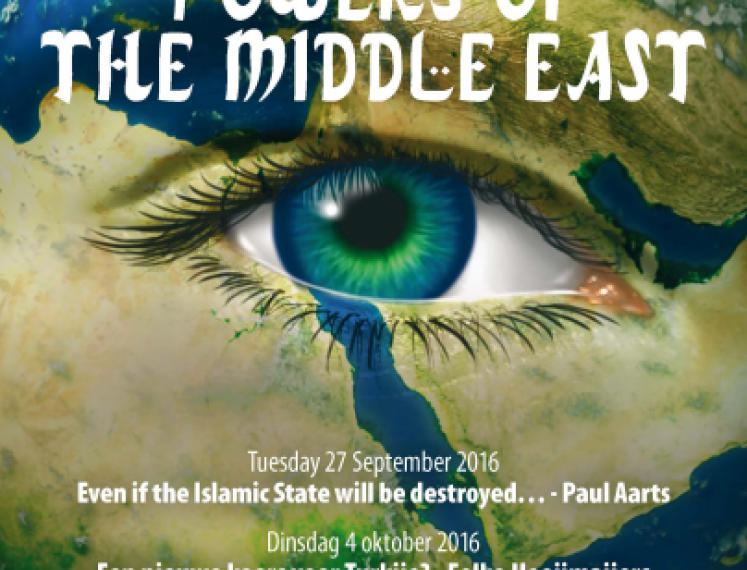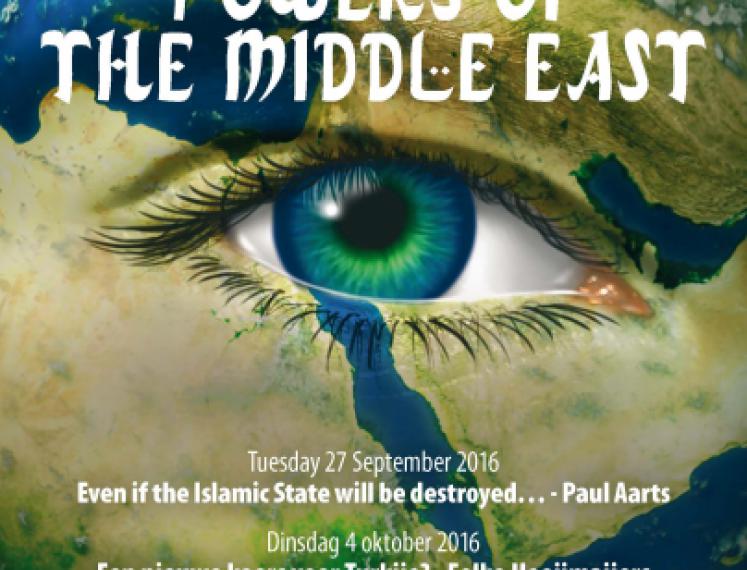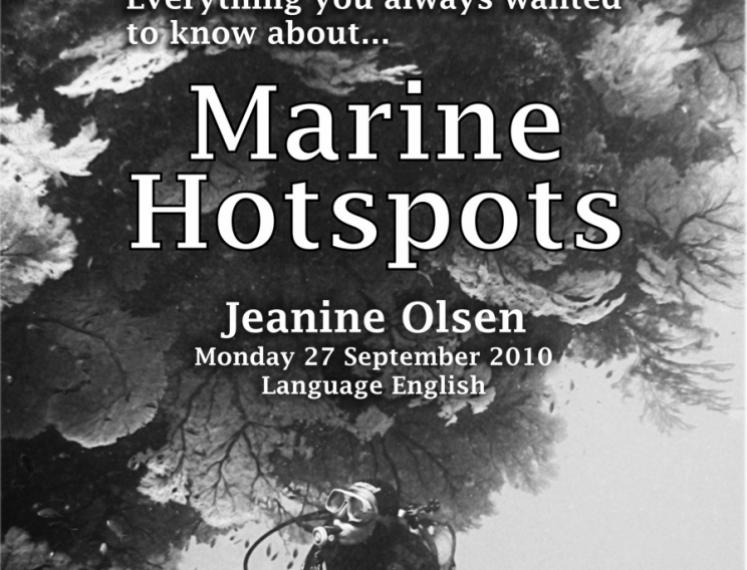Academiegebouw
Broerstraat 5
Groningen
Nederland
Making Sense of Iran's Policies
How should we look at Iran? Has it become more dangerous than Israel, as a Saudi commentator remarked? Or should Tehran’s agenda be seen as largely defensive, to achieve ‘strategic depth’ and safeguard its system against foreign intervention?
How to understand the alliance between the Islamic Republic of Iran and the Syrian regime of Bashar al-Assad? While both Iran and Saudi Arabia have already crossed the sectarian fault line in seeking regional allies, is the dominant ‘Sunni-Shia’ perspective really useful when trying to understand ongoing regional conflicts and ‘proxy wars’? Has the nuclear deal between Iran and the UN Security Council brought only good results or is there a downside too? Because survival is of paramount importance to Iran’s leaders, they have a strong incentive to deliver tangible benefits to its (youthful) population. What are the obstacles in realizing that? How does the enigmatic political system – containing factions of very different political colours – matter?
Paul Aarts was senior lecturer in international relations at the University of Amsterdam. His research focuses on the politics of the Arab world, with a specific focus on the Gulf countries. Among his recent publications: Saudi Arabia. A Kingdom in Peril (2015).




